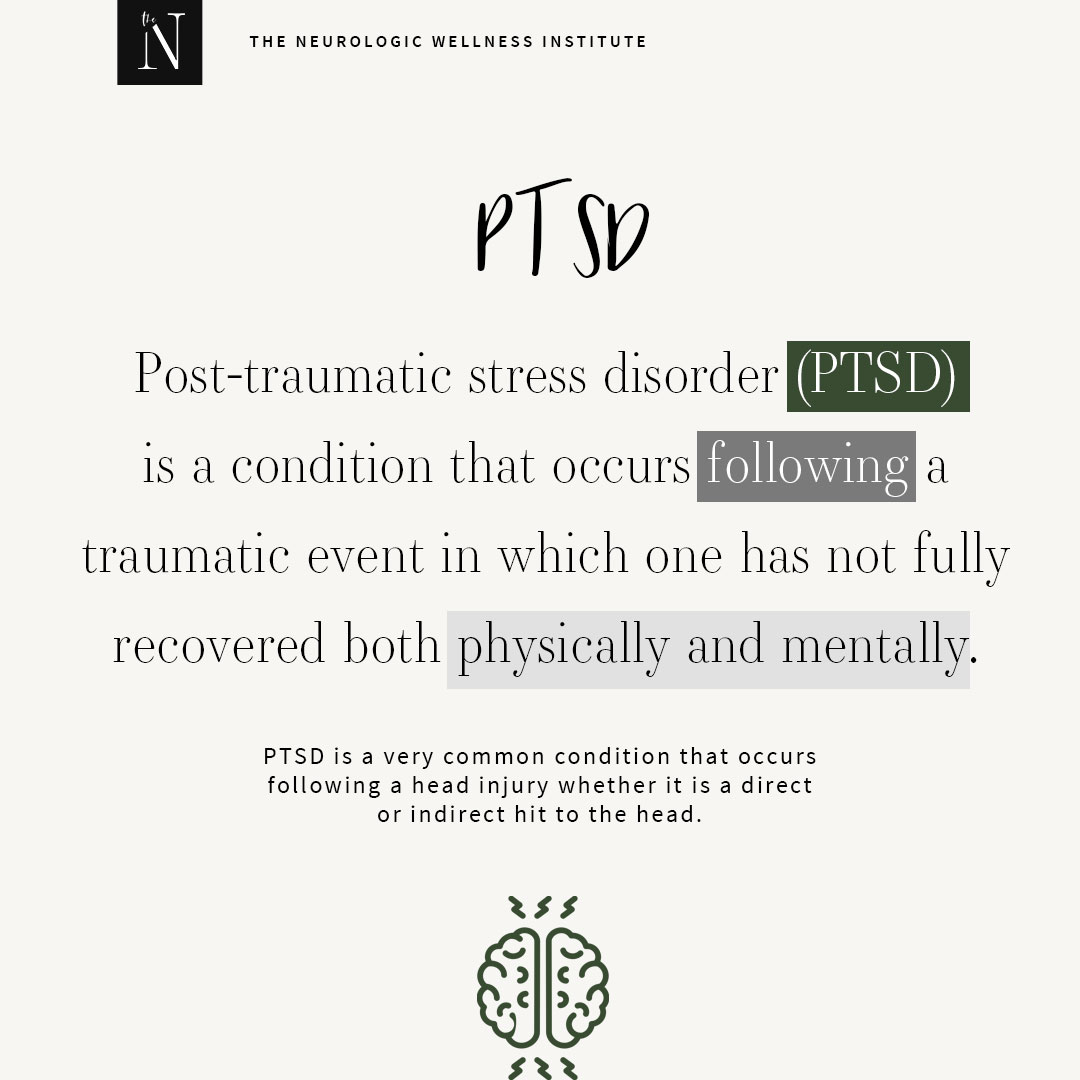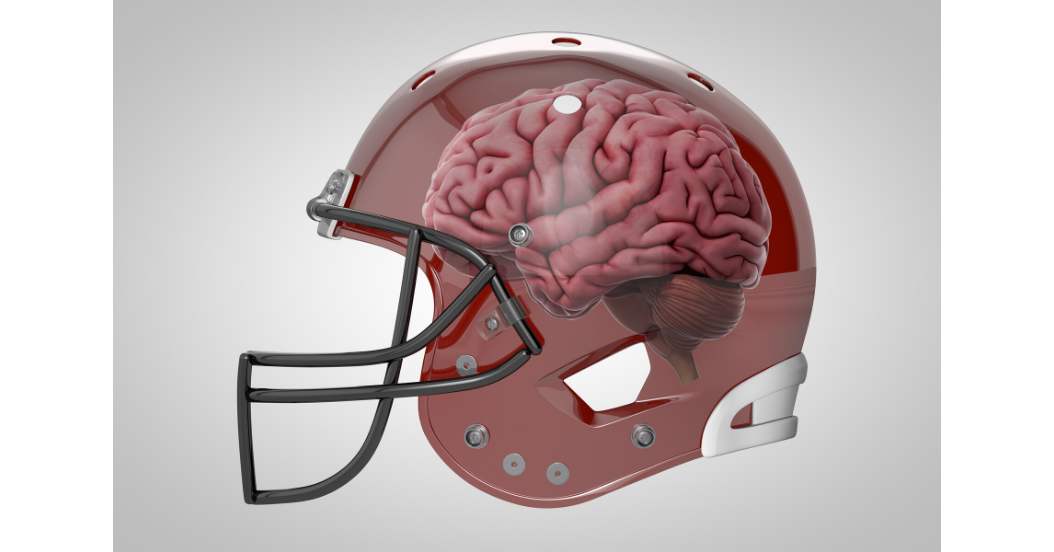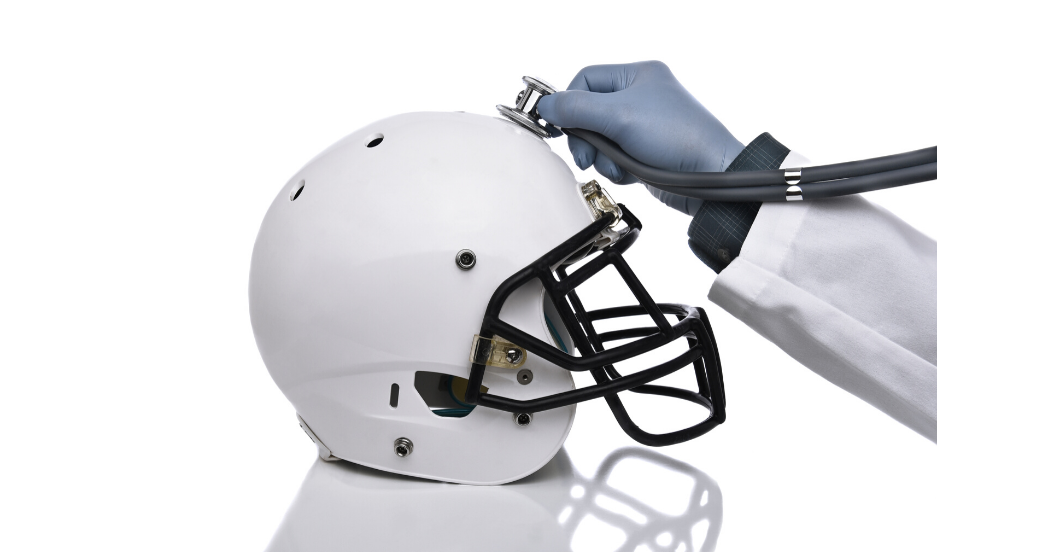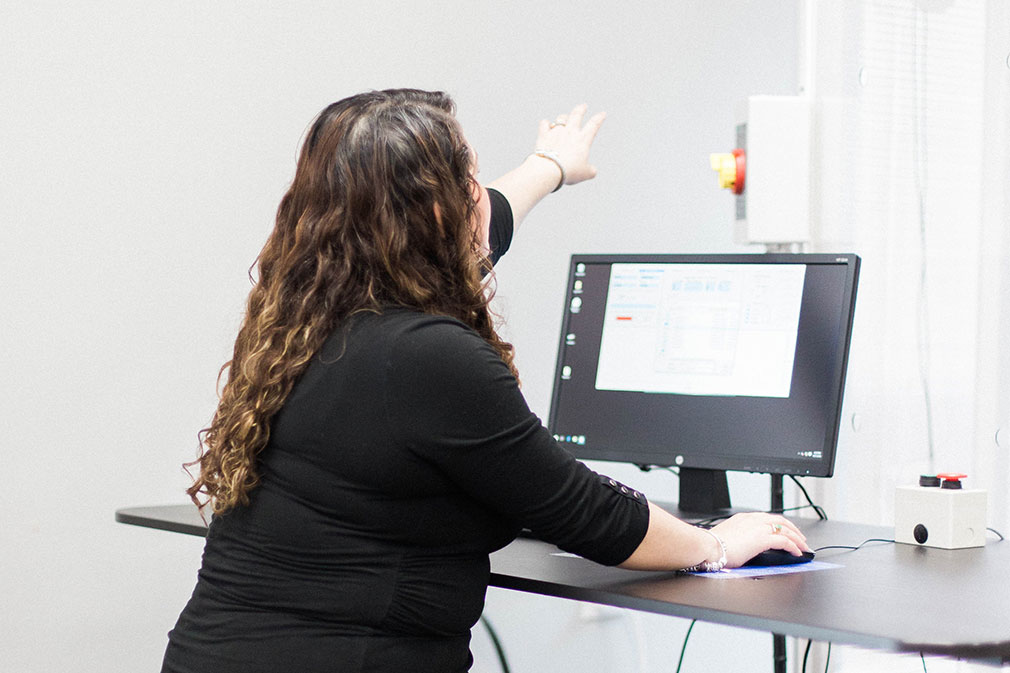Post-traumatic stress disorder (PTSD) is a reaction to trauma that results in a chronic perception of threat, creating a chronic stress response that has negative effects on both mental and physical health.
A common injury that has been shown to lead to PTSD is a head injury resulting in a concussion, especially in military veterans. PTSD can occur immediately after the trauma, or years later. 10% of Vietnam war veterans still experience PTSD symptoms more than 3 decades after the trauma.

A core deficit in PTSD is a bias toward a defensive strategy to environmental features along with an inability to shift away from a defensive state. The chronic stress associated with PTSD is a critical health issue as the physiological reaction to threat detection takes its toll on the human body. Chronic emotional dysregulation is associated with impaired quality of life as well as early-onset cognitive decline.
Transcutaneous vagal nerve stimulation (tVNS) is a non-invasive nerve stimulation technique in which a specific part of the ear is lightly stimulated with electricity. tVNS has been shown to have an impact on the neuronal systems that are involved in emotional regulation including the amygdala, and has shown to be effective in the treatment and rehabilitation of PTSD. tVNS has also been shown to have very low risk compared to the surgical procedure. tVNS has been shown to stimulate a wide range of areas in the brain resulting in changes in brain activation as well as neurotransmitter levels. These changes result in an increase in parasympathetic activity and improved emotional regulation over stress responses.
The Neurologic Wellness Institute offers a variety of treatment modalities aimed at stimulating the vagus nerve. For more information on how our clinicians use non-invasive vagus nerve stimulation with our patients, schedule a consult with one of our patient care coordinators.
Reference:
Lamb, et al. Non-invasive vagal nerve stimulation effects on hyperarousal and autonomic state in patients with posttraumatic stress disorder and history of mild traumatic brain injury. Front Med. 2017.




